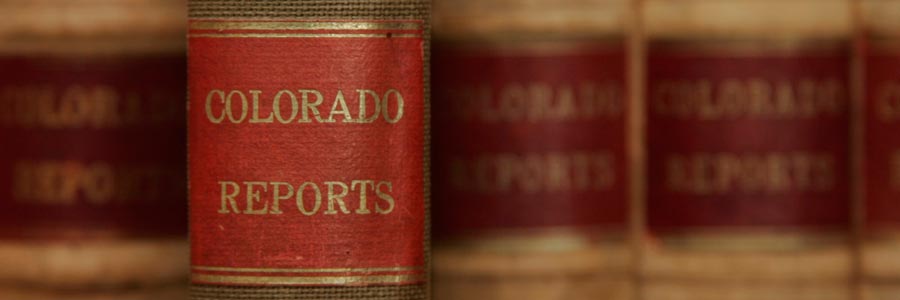Most Colorado Home Owners Associations must comply with The Colorado Common Interest Ownership Act (CCIOA). HOA’s subject to CCIOA must adopt uniform policies and procedures for managing their business.
Policies Required by Statute
CCIOA requires that HOA’s adopt and follow certain minimum policies, including (1) the adoption and amendment of policies, procedures and rules; (2) collection of unpaid assessments; (3) handling board member conflicts of interest; (4) conduct of meetings; (5) enforcement of covenants and rules, including notice and hearing procedures; (6) owners’ right to inspect and copy records; (7) investment of reserves; (8) dispute resolution; and (9) a reserve study policy.
CCIOA doesn’t specify details for any of these policies. As a result, each HOA should develop procedures suited to its own needs.
Other Policies
All HOA’s are similar, but each is unique in some ways. Therefore, in addition to minimum policies, well run HOA’s will develop other special policies to manage important issues. For example, most HOA’s own common assets such as green space. Each HOA board should consider adopting policies addressing responsible use and maintenance of its own facilities.
Enforcement Restrictions
CCIOA restricts HOA’s from certain enforcement actions unless they have adopted policies mandated by law. For example, the HOA may not fine a unit owner for alleged violations unless it follows a written policy. In addition, the policy must provide the unit owner notice and an opportunity to be heard before an impartial decision maker.
Conclusions
Failure to adopt and follow policies required by CCIOA will lead to inconsistent application of HOA covenants and rules, which can lead to serious conflicts. Furthermore, failure to comply with the law may completely prevent an HOA from enforcing some covenants. For more detailed information about these requirements and other legal issues affecting creation and management of HOA’s, call or visit our offices today.



